As part of the European Coalition for Combating Extremism and Terrorism, an international conference was held on 14 March 2019 in the Belgian Federal Parliament in Brussels on the dangers of political Islam to Europe.
A large number of deputies, politicians and experts representing various political tendencies (Right, Left, Center, Greens and Nationalists) from six European countries attended the meeting.
conference. The first of its kind in Europe, it brought together more than 90 personalities and associations from 22 countries, including 18 diplomats from 12 countries.
A first session was attended by six experts from Sweden, Germany, Spain, France and Belgium.
Koen METSU, Belgian MP and former chairman of the Belgian Parliament’s Counter-Terrorism Committee warned of the dangers of the proliferation of unauthorized mosques in Belgium, whose imams preach hate speech, refusing integration and not recognizing the laws of their host country. he denounced the financing by Qatar of the Muslim Brotherhood to which many mosques belong in Europe.
For Boriana ABERG, Member of the Swedish Parliament and Head of the Swedish Mission to the Council of Europe, Sweden is a tax haven. It is also a Providence State with uncontrolled schools. All this benefits the Islamists, especially since any criticism against them is called Islamophobia. The suburbs of cities have become hotbeds of Islamic extremism with groups funded by Turkey and Organized Crime, in close connection with some Swedish politicians.
Jacques MYARD, an honorable member of the French Parliament and former member of the Foreign Affairs Committee, wondering about Islam, said that political Islam is a return to fundamentalism, with a totalitarian vision taking the Koran at the foot of the letter. The goal of Daesh is to impose its extremist ideology by a dictatorship that gives no room for individual freedoms, especially concerning women. He recalled the need, in the face of communitarian temptations, to reaffirm the republican and secular values to which immigrants must adhere.
Ana SURRA, member of the Spanish Parliament, spokesperson of the Committee for Cooperation for International Development, said that Islamist terrorism can only harm Islam and strengthen extremist European parties hostile to immigrants of Muslim origin.
Theo Franken, former Belgian Minister of Immigration, stressed the dangers of political Islam, of which Muslims are themselves the target. Recalling that extremist ideology is spreading through the media, social networks, books and mosques, he urged governments to act urgently against these threats, adding that the Government of the Brussels Region has decided to to clarify the sources of funding for mosques.
Frank SWALBA HOTH, a former German MP in the European Parliament, said that the fight against Islamist extremism requires the training in Europe of imams who do not spread extremist ideologies.
A second session gave the floor to the Italian MP Migliore GENNARO who called for the creation of a European institution capable of monitoring extremist networks on the Internet.
John DUHIG, Senior Policy Advisor at the European Organization for Democracy in Brussels, presented a report on immigrants in Europe.
Brahim LAYTOUS, Director of the European Academy for Development and Research in Belgium, presented a report on the reality of Islamist groups in Europe, adding that Qatar had provided significant financial and media support to the Muslim Brotherhood through Qatar Charity Association, including 150 Islamic centers in Spain.
Magnus NORRELL, a researcher at the Washington Institute for Near Eastern Policy, highlighted the problems of integration in Sweden, a country where the Muslim Brotherhood planned to control society.
Jean Valère BALDACCHINO, president of the Geopolitical Research and Analysis Circle in Paris, spoke of Qatar’s attempts to control religious associations and institutions in France, exploiting the country’s secular laws that prohibit governments from funding places of worship . He added that Qatar supports many extremist mosques in France as well as research centers led by Tariq Ramadan.
At the end of the conference, priorities were stated:
– continue to monitor Islamist groups and media with hate speech
– create a specialized university center able to study these groups
– set up a European structure working to train imams
– dismantle the networks of the Muslim Brotherhood in Europe that benefit from Turkey’s political support and financial and media support – through Al-Jazeera – from Qatar.
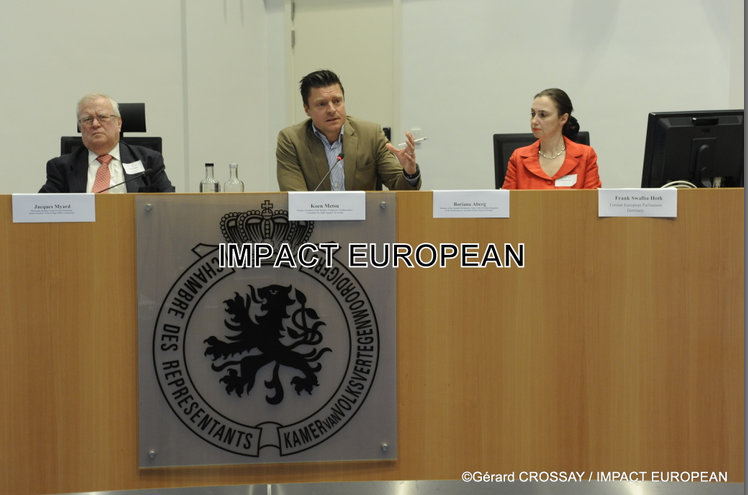
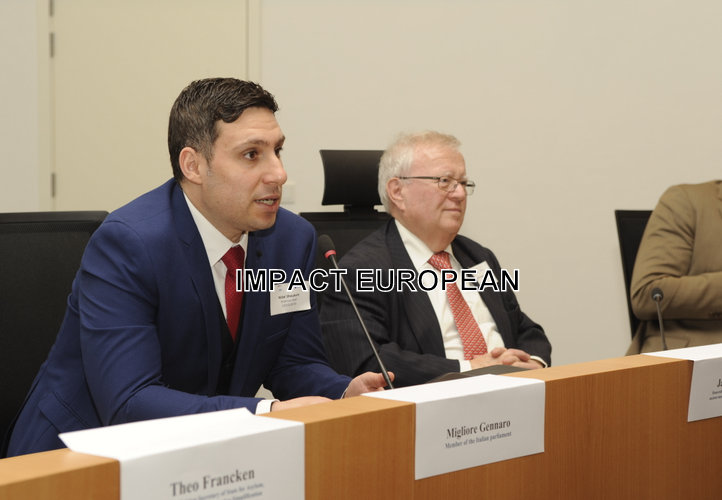
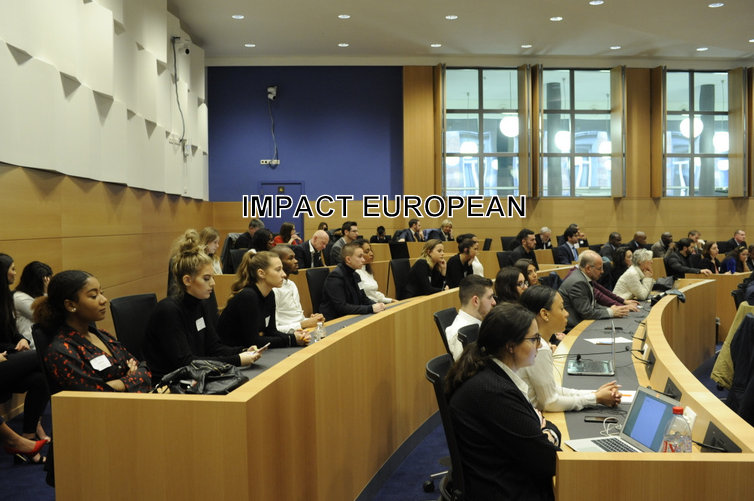
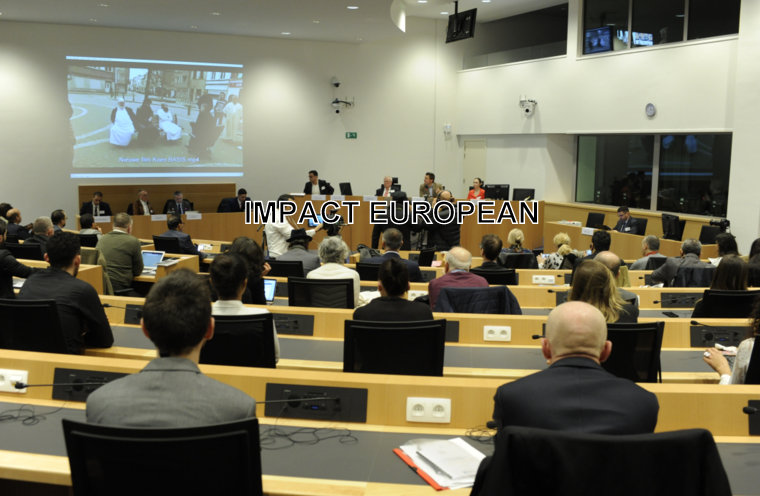
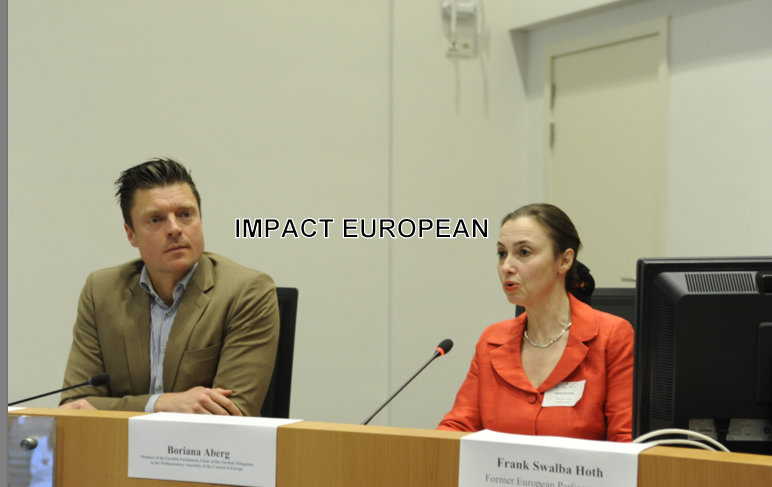
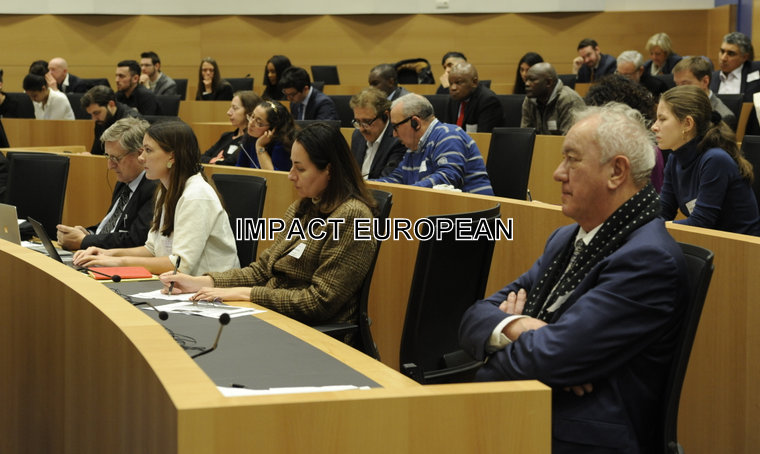
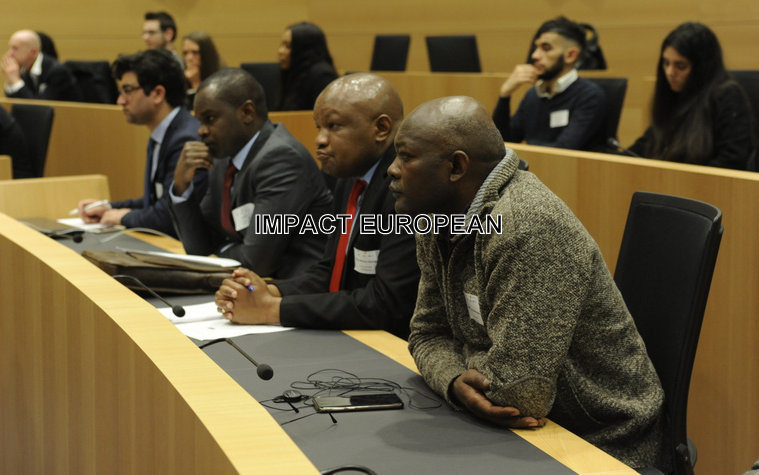
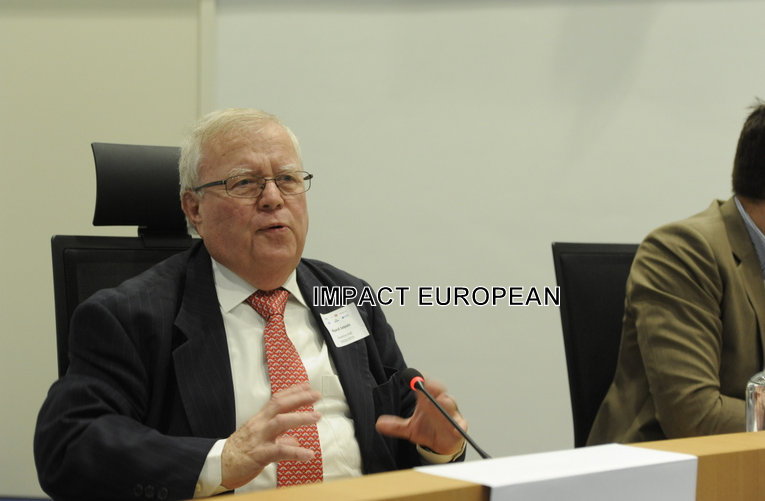
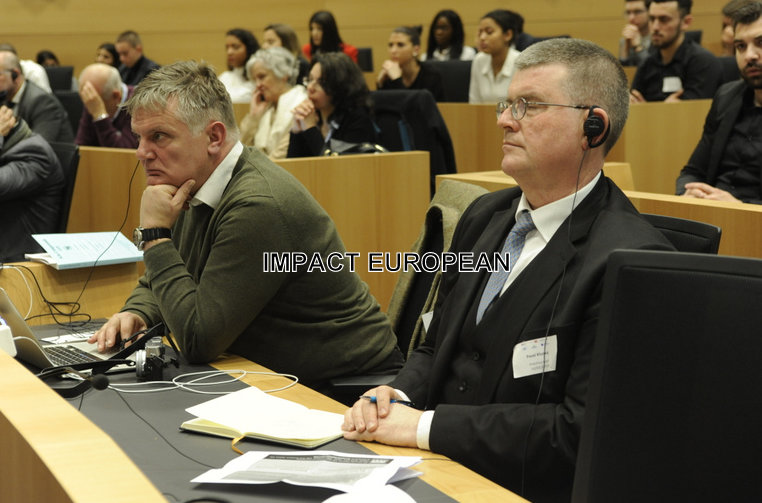
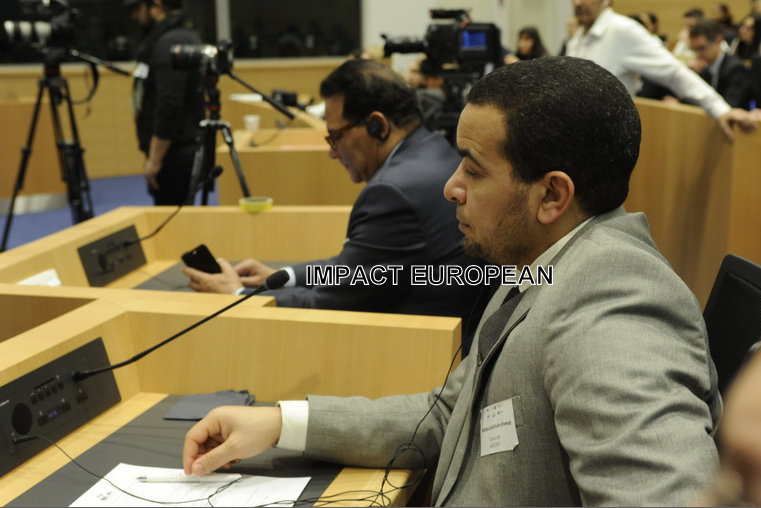
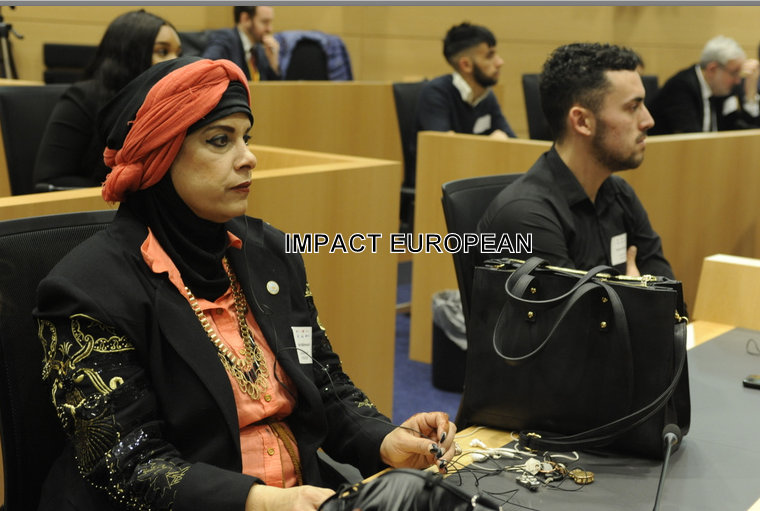
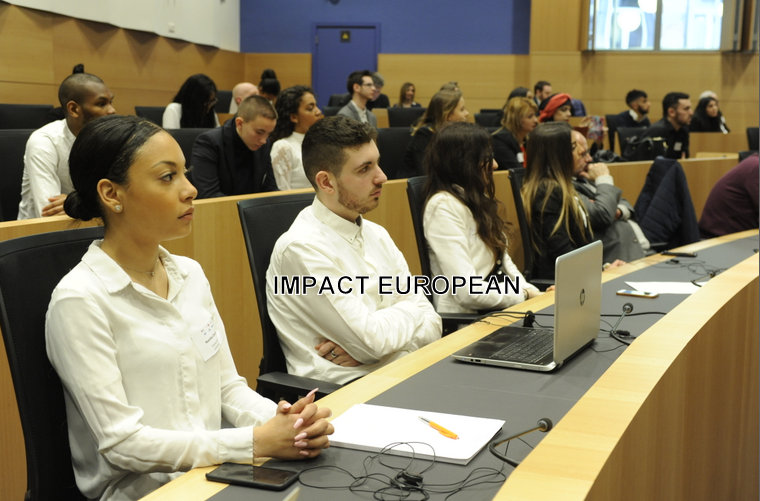
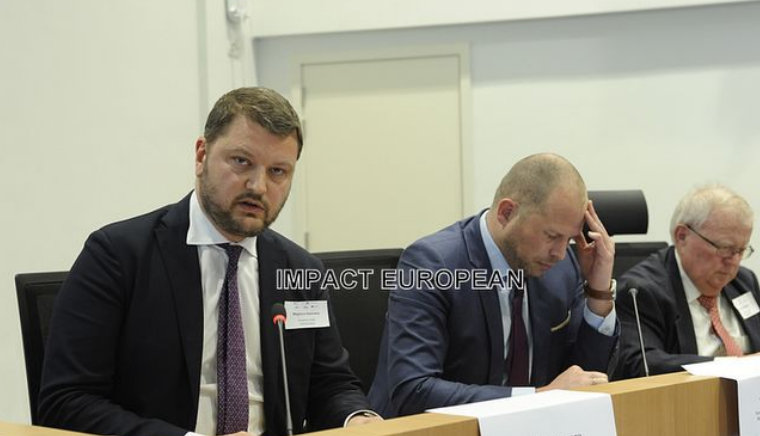
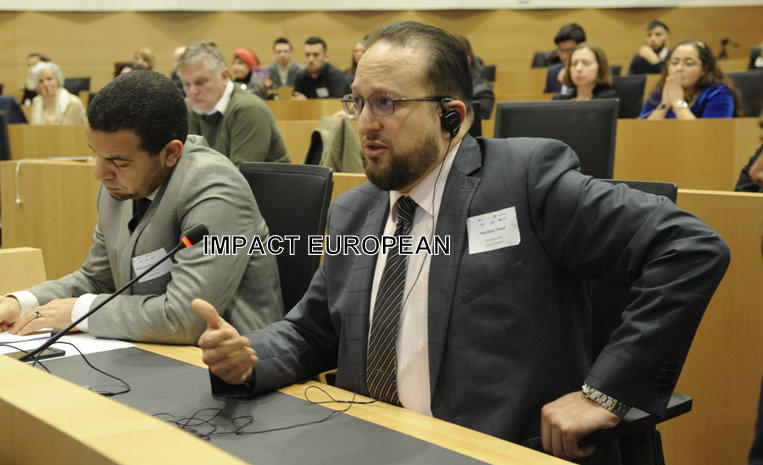
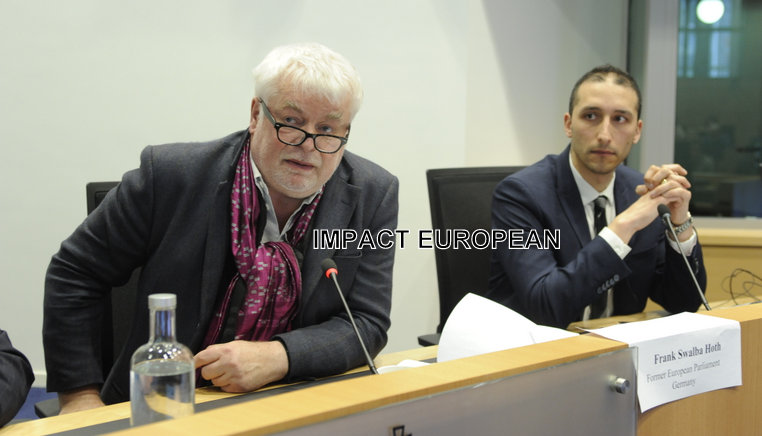
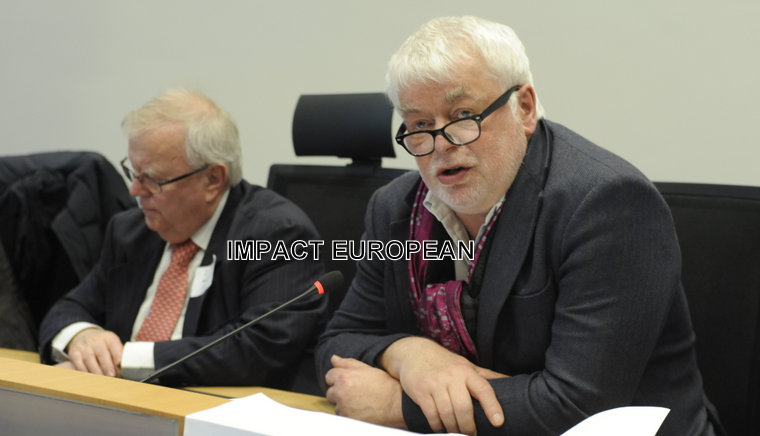
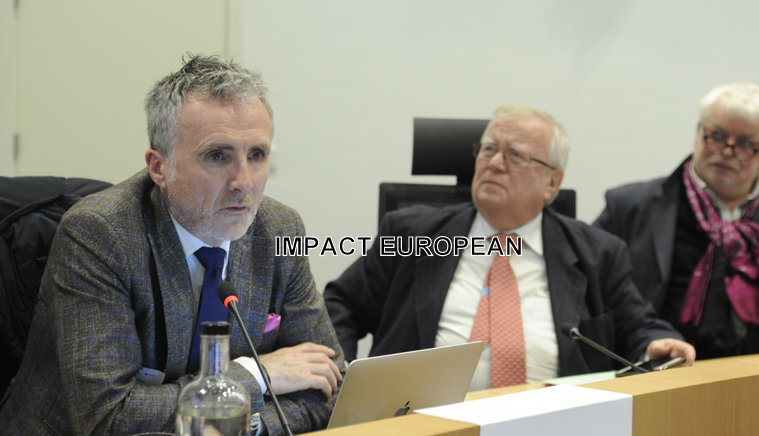
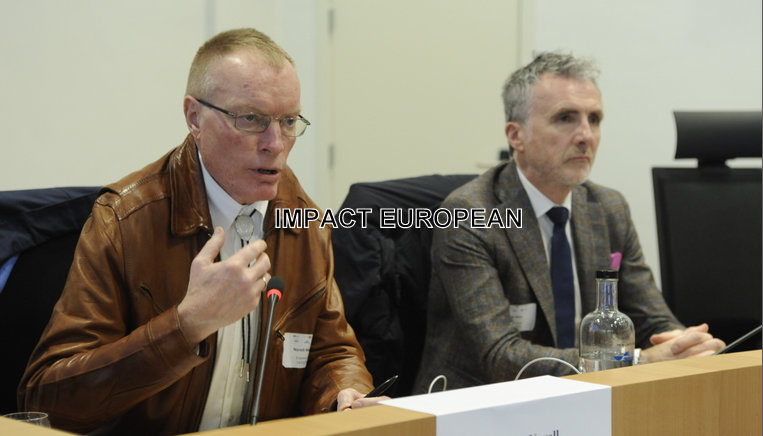
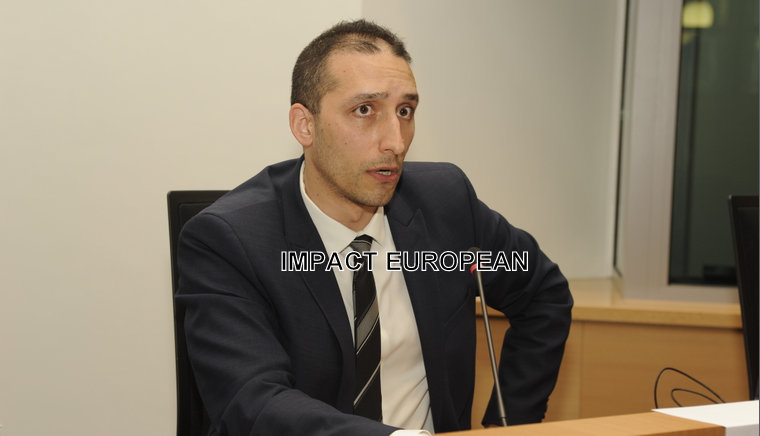
More Stories
Ivory Coast welcomes its success at CAN 2023
Paris: The African Book Fair highlighted by its 3rd edition
The World Tourism Fair offers you the idea of a vacation